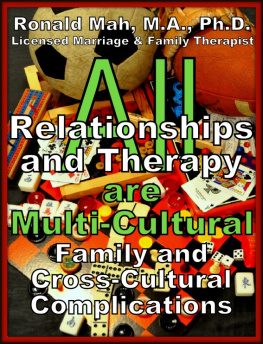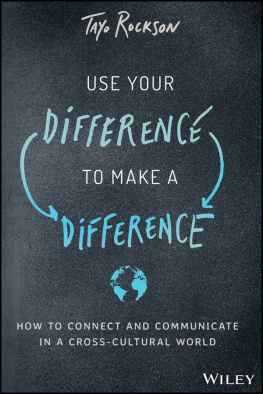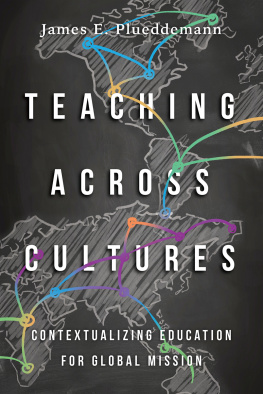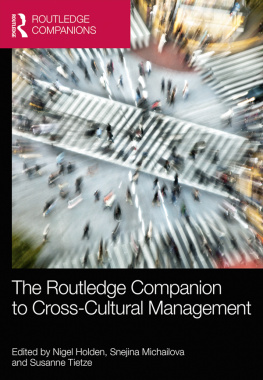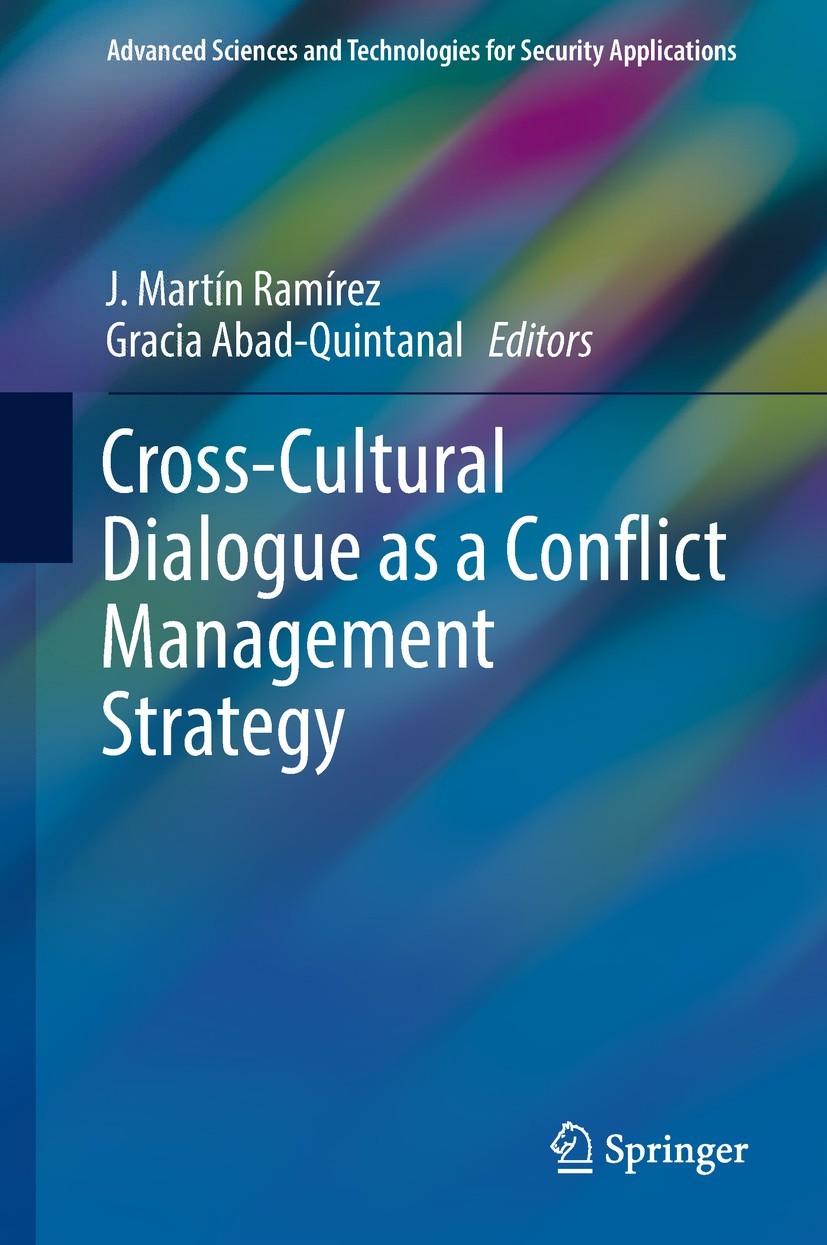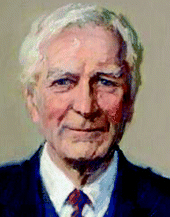Advanced Sciences and Technologies for Security Applications
Series Editor
Anthony J. Masys Associate Professor Director of Global Disaster Management
Humanitarian Assistance and Homeland Security, University of South Florida, Tampa, USA
Advisory Board
Gisela Bichler, California State University, San Bernardino, CA, USA
Thirimachos Bourlai, WVUStatler College of Engineering and Mineral Resources, Morgantown, WV, USA
Chris Johnson, University of Glasgow, UK
Panagiotis Karampelas, Hellenic Air Force Academy, Attica, Greece
Christian Leuprecht, Royal Military College of Canada, Kingston, ON, Canada
Edward C. Morse, University of California, Berkeley, CA, USA
David Skillicorn, Queens University, Kingston, ON, Canada
Yoshiki Yamagata, National Institute for Environmental Studies, Tsukuba, Japan
The series Advanced Sciences and Technologies for Security Applications comprises interdisciplinary research covering the theory, foundations and domain-specific topics pertaining to security. Publications within the series are peer-reviewed monographs and edited works in the areas of:
biological and chemical threat recognition and detection (e.g., biosensors, aerosols, forensics)
crisis and disaster management
terrorism
cyber security and secure information systems (e.g., encryption, optical and photonic systems)
traditional and non-traditional security
energy, food and resource security
economic security and securitization (including associated infrastructures)
transnational crime
human security and health security
social, political and psychological aspects of security
recognition and identification (e.g., optical imaging, biometrics, authentication and verification)
smart surveillance systems
applications of theoretical frameworks and methodologies (e.g., grounded theory, complexity, network sciences, modelling and simulation)
Together, the high-quality contributions to this series provide a cross-disciplinary overview of forefront research endeavours aiming to make the world a safer place.
The editors encourage prospective authors to correspond with them in advance of submitting a manuscript. Submission of manuscripts should be made to the Editor-in-Chief or one of the Editors.
More information about this series at http://www.springer.com/series/5540
Editors
J. Martn Ramrez and Gracia Abad-Quintanal
Cross-Cultural Dialogue as a Conflict Management Strategy
Editors
J. Martn Ramrez
Nebrija University, Madrid, Spain
Gracia Abad-Quintanal
Nebrija University, Madrid, Spain
ISSN 1613-5113 e-ISSN 2363-9466
Advanced Sciences and Technologies for Security Applications
ISBN 978-3-319-77230-1 e-ISBN 978-3-319-77231-8
https://doi.org/10.1007/978-3-319-77231-8
Library of Congress Control Number: 2018934900
Springer International Publishing AG, part of Springer Nature 2018
This work is subject to copyright. All rights are reserved by the Publisher, whether the whole or part of the material is concerned, specifically the rights of translation, reprinting, reuse of illustrations, recitation, broadcasting, reproduction on microfilms or in any other physical way, and transmission or information storage and retrieval, electronic adaptation, computer software, or by similar or dissimilar methodology now known or hereafter developed.
The use of general descriptive names, registered names, trademarks, service marks, etc. in this publication does not imply, even in the absence of a specific statement, that such names are exempt from the relevant protective laws and regulations and therefore free for general use.
The publisher, the authors and the editors are safe to assume that the advice and information in this book are believed to be true and accurate at the date of publication. Neither the publisher nor the authors or the editors give a warranty, express or implied, with respect to the material contained herein or for any errors or omissions that may have been made. The publisher remains neutral with regard to jurisdictional claims in published maps and institutional affiliations.
Printed on acid-free paper
This Springer imprint is published by the registered company Springer International Publishing AG part of Springer Nature
The registered company address is: Gewerbestrasse 11, 6330 Cham, Switzerland
In Memoriam
To Robert A. Hinde (19232017)
for his outstanding contributions to CICA
and specially to the Seville Statement on Violence .
Introduction
J. Martn Ramrez
We would like to dedicate this book to Prof. Robert A. Hinde, who passed away last year. He was a wonderful man and great scientist: twice Doctor, by Oxford and by Cambridge, Doctor h.c. by the Sorbonne, and Master of St. Johns College at Cambridge, just where Isaac Newton was living when he discovered the law of gravity, observing the falling of an apple, in 1666. As a real and honest Pugwashite, chairing the British Pugwash, non-violence, reconciliation, and the abolition of war were close to his heart. I personally had the privilege of sharing quite close and deep professional collaboration through ISRA and CICA conferences (including publications, included the join edition of a book, and a key participation in the elaboration of UNESCO endorsed Seville Statement on Violence), becoming a very close family friend for the past four decades, with him coming to my Seville home and I to his St. Johns College, at Cambridge. Robert was an outstanding person, a role model for all of those who knew him: kind and upright, he had a keen eye for the bigger picture, and this gave him a unique way of viewing humanity and the problems associated with modern-day living. In this, his solutions were always ethical, although within this he demanded a fairer deal for all. His kindness, humanistic character and gentleman like honesty will always be present in our coming CICA task.
*****
CICA International offers expanding international conferences intended to tackle universal human problems related to conflict in a wide-ranging way that transcends disciplinary and cultural perspectives, offering a trans-disciplinary knowledge. These CICAs started in 1983, gathering scholars and researchers interested on the analysis and discussion of the relationship between brain and aggression and other close topics, such as violence, terrorism, peace, and conflict at different levels, from the internal to the international ones, through an integrated, comprehensive, and interdisciplinary approach that considers both biological and psycho-socio-cultural factors. The main characteristic of these CICA meetings throughout the world is precisely this wide-ranging, comprehensive approach, crossing disciplinary boundaries. Consequently, it is open to plenty of disciplines, such as: individual and social psychology, psychiatry, physiology, sociology, anthropology, animal behaviour, criminology, international law, political science, pharmacology, child development, education, security studies and international relations, law and world affairs, military and peace studies, as well as policy makers, among others, but always trying to integrate the different disciplines with the purpose of helping in laying down a very much needed stable social system.



